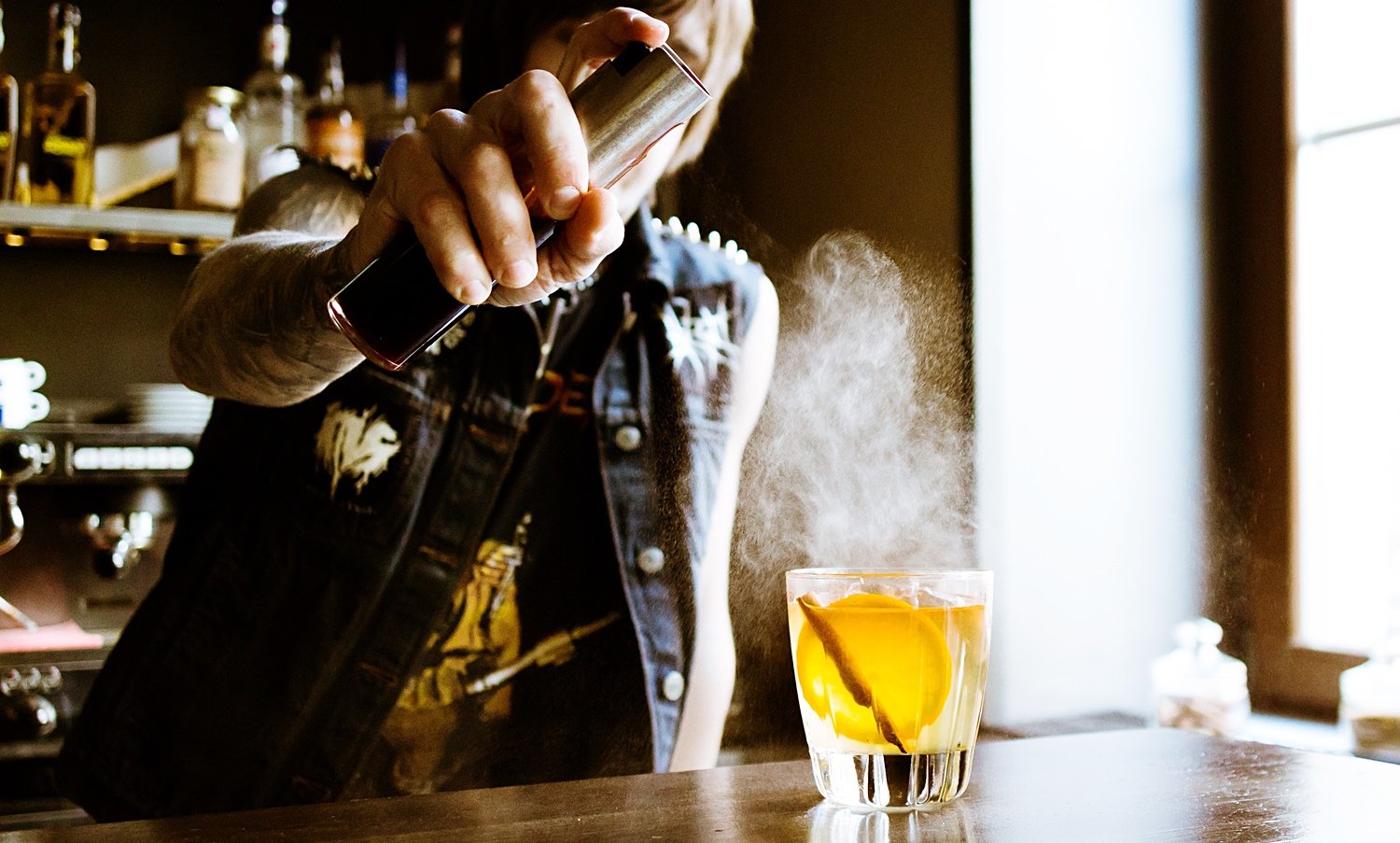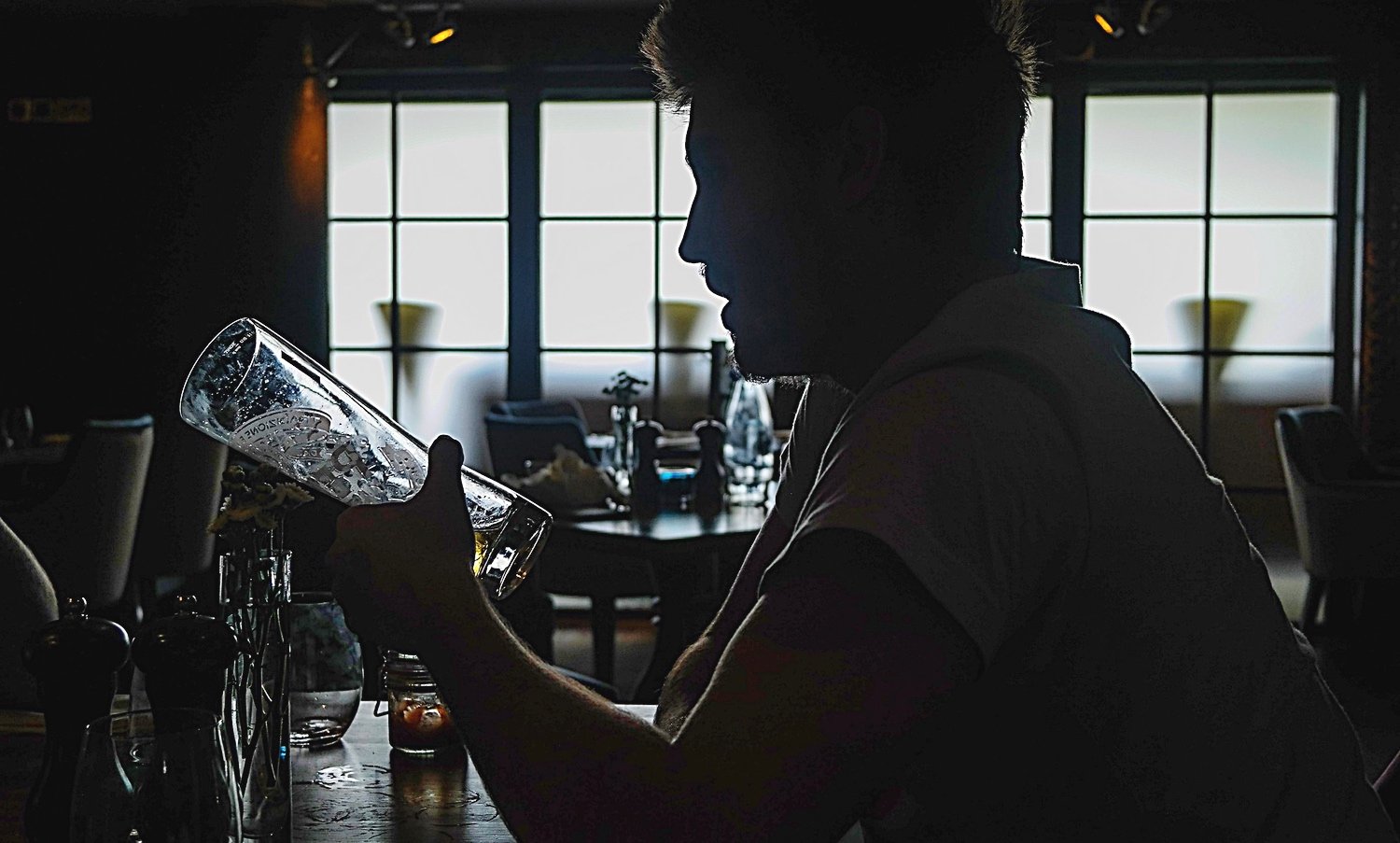In this article there will be no tips on "how to drink more and still stay sober" or "how to avoid a hangover." But there will be interesting research data and interesting facts that may come in handy in the future. We read, educate ourselves and try to avoid mistakes.
Our body perceives alcohol as a poison and, like any organism, begins to fight it urgently by producing an enzyme alcohol dehydrogenase (the main supplier is the liver).
The enzyme begins to work actively when alcohol reaches the mucous membrane of your stomach.

The production of this enzyme is not the same for everyone: it depends on gender, genetic predisposition and age. That is why men get drunk much slower than women. But with age, this ability decreases, and if earlier you could safely drink your girlfriend and at the same time stay sober, then by the age of 60 your significant other will get drunk much slower than you.
Also, studies have shown that the perception of alcohol by the body depends on genetics. Asians, due to a certain genetic predisposition, also do not perceive alcohol very well and get drunk quickly. The same may apply to people of other races if their genes are affected by a mutation.
If almost everyone in your family on the line of one of the parents perceives alcohol badly, the probability that you will not be friends with him either is very high.
We also slightly misinterpret the effect of alcohol on a full stomach. It is usually said that food absorbs alcohol, but in fact this is not the case. Yes, eating in the stomach helps to fight intoxication, but not because it "absorbs" it. When you eat, the valve between the stomach and the small intestine closes — the body knows that food must be well digested, so the enzyme has a lot of time left to work on alcohol.
If you decide to drink a glass on an empty stomach, alcohol passes through the stomach almost without stopping and enters the small intestine, the surface area of which is more than 200 square meters. There's a place to roam, right?
Also, you should not combine taking alcohol and aspirin, unless you are a fan of a hangover. Aspirin reduces the production of the enzyme.
Studies conducted in the 90s of the 20th century showed that the blood alcohol level of those who took a couple of aspirin tablets before drinking was 26% higher than those who did not take the medicine.
Of course, this does not apply to chronic alcoholics. Almost every month there are new studies that prove that moderate alcohol consumption prolongs life.
Everyone has at least once stumbled upon advice in magazines to drink a glass of dry red wine a day or at least a couple of times a week (if there are no contraindications).

The results of the experiments showed that the mortality rate among those who completely abstained from alcohol consumption is higher than among those who drank moderately and even among those who drank quite a lot (69%, 41% and 61%, respectively).
Popular theories are based mainly on antioxidants and resveratrol compounds contained in wines, as well as on increasing the body's production of good cholesterol (HDL).
Of course, the relationship between alcohol and longevity is not direct, but indirect. For shy people, it plays a kind of role of social lubricant and relieves mild stress (in moderation, of course).
Recently, sociologists and epidemiologists have conducted research on long-term loneliness and its impact on life expectancy. Loneliness in the literal sense of the word is dangerous for life, since a person is by nature a social being and is used to living in a group (except in special cases).
100% alcohol, which is used to sterilize instruments, really kills brain cells and neurons, as well as everything else.
If you drink a standard dose, only 0.08% of alcohol will reach your brain with blood, and if you attend a large party, then your brain will receive 0.25%. These percentages do not affect brain cells in any way (chronic alcoholism and its effect on liver cells and other organs is a completely different story).
As proof, we can give an example of a study in 1993. Brain cell samples were taken from two people, an alcoholic and a teetotaler, who died from causes unrelated to alcohol intake. As a result, there were no special differences between them in the structure and density of cell groups.
Alcohol can be compared to a hand grenade.
When taking alcohol, your brain receives peculiar signals from glutamate (excitatory acid). Penetrating into your receptors, it disrupts their ability to transmit signals normally, which eventually affects your speech, coordination, perception of reality, etc.
Substances such as cocaine and LSD act exclusively on certain areas of the brain and work like snipers. Alcohol in this case can be compared with a hand grenade.
Since taking alcohol changes your perception of reality, it may seem to you that people's random actions were not accidental at all, but deliberate. That is why heated disputes so often arise in already heated companies.

An interesting experiment was conducted: 92 men were forced to walk a certain distance for 3 hours without food. Then they were given to drink juice in unmarked glasses (just juice and juice with alcohol). After that, after 30 minutes, they were asked to evaluate the actions (she accidentally deleted an e-mail, she tripped on a rope, she was looking for her keys, etc.) — whether they were intentional or accidental.
Almost all participants, regardless of the dose of alcohol taken, if the effect was unambiguous, determined it correctly. But as soon as the actions became ambiguous, the participants who drank juice with alcohol tended to believe that the action was intentional.
Quite a large number of people believe that alcohol is an excellent sleeping pill. In fact, it's not like that at all. Especially if you drank caffeinated drinks before taking alcohol.
In fact, taking alcohol can lead to disruption of the fast sleep phase (your brain will actively adapt to the effects of ethanol molecules), and as a result, you will either constantly wake up, or you will not be able to fall asleep at all.
Your brain will not be able to fall into a deep sleep and rest normally.
Another common misconception: after taking alcohol, your sex will be wild. Yes, alcohol awakens desire, but the show itself may not take place.
If you drink in moderation, everything will be fine. But if you have not calculated a little, do not expect that you will get something magnificent and unforgettable.
Alcohol dilates the arteries and "relaxes" the body as a whole, and for some parts of the body in this case it is not very good. We will not repeat about inadequate perception and coordination problems.